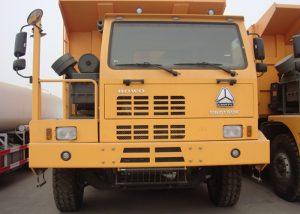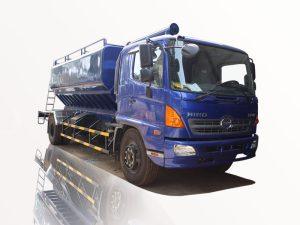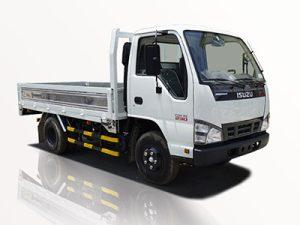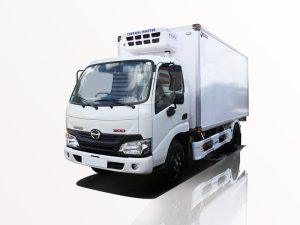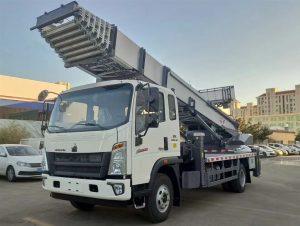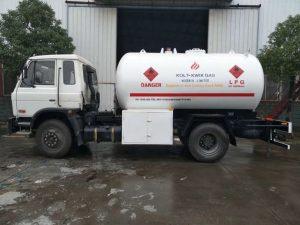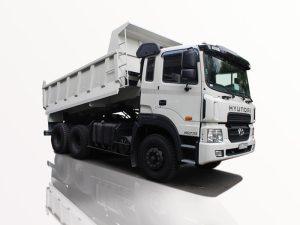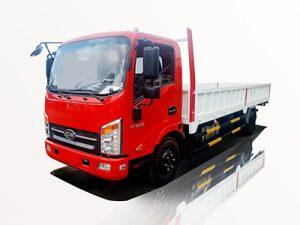Monday to Saturday - 8:00 -17:30
Innovative Approaches to Refuse Trucks: The New Way Forward
Refuse trucks play a crucial role in waste management, ensuring that cities remain clean and recyclable materials are properly handled. As environmental concerns continue to rise, the industry has started adopting new technologies and methods to enhance efficiency, reduce emissions, and improve service quality. This article delves into the emerging trends and innovations in refuse truck operations, highlighting a new way to approach waste collection.
Understanding the Role of Refuse Trucks
Refuse trucks are vehicles designed specifically for collecting waste materials from residential and commercial premises. These trucks, equipped with compaction mechanisms, work to maximize load capacity and minimize trips to disposal sites. They are essential in ensuring that waste is effectively collected, transported, and disposed of in an environmentally sustainable way.
The Need for Innovation in Refuse Collection
As urban populations grow and environmental regulations become stricter, refuse collection operations are under pressure to innovate. Some of the challenges facing the industry include:
- Rising operational costs
- Increased recycling mandates
- Environmental sustainability concerns
- Health and safety regulations
Current Trends in Refuse Truck Technology
1. Electric Refuse Trucks
Electric refuse trucks are gaining traction as a cleaner alternative to traditional diesel-powered vehicles. They emit zero tailpipe emissions, making them more environmentally friendly.
Benefits of Electric Refuse Trucks
- Lower operating costs due to reduced fuel expenses
- Quieter operation, reducing noise pollution in residential areas
- Incentives and rebates may be available for municipalities adopting green technologies
Examples
Several cities across the globe, including Los Angeles and Auckland, have started integrating electric refuse trucks into their fleets, showcasing their commitment to sustainability.
2. Automated Collection Systems
Automation is revolutionizing the waste collection process. Automated refuse trucks equipped with robotic arms can pick up bins without requiring drivers to exit the vehicle.
Advantages of Automation
- Enhanced safety for workers
- Improved efficiency, leading to reduced collection times
- Consistent service delivery
Case Study
A city in Ontario implemented an automated refuse collection system, resulting in a 30% reduction in operational costs and improved customer satisfaction ratings.
3. Smart Waste Management Systems
IoT (Internet of Things) technology is being integrated into refuse trucks. Smart waste management systems provide real-time data on waste collection, enabling optimized routes and schedules.
Features of Smart Systems
| Feature | Description |
|---|---|
| Real-Time Monitoring | Track truck locations and waste levels through GPS and sensors. |
| Route Optimization | Use data analytics to create the most efficient collection routes. |
| Predictive Maintenance | Alert operators about potential truck issues before they become critical. |
Implementation Example
In San Francisco, the integration of smart refuse fleets has led to a reported 20% decrease in collection costs and a 40% reduction in vehicle emissions.
4. Enhanced Recycling Technologies
New refuse trucks are being equipped with advanced recycling technologies to sort and process recyclable materials on-site, reducing contamination.
On-Board Sorting Features
- Optical recognition systems to identify materials
- Magnetic sorters for metals
- Compost bins for organic waste
Impact on Recycling Rates
Municipalities utilizing enhanced recycling technologies in refuse trucks have seen improved recycling rates, helping achieve sustainability goals faster.
5. Sustainability Practices in Refuse Operations
Beyond technological advancements, refuse collection operations are incorporating sustainable practices to minimize their environmental footprint.
Operational Tips
- Optimize truck routes to reduce fuel consumption.
- Use eco-friendly cleaning products for maintenance.
- Train staff on sustainability best practices.
6. Community Engagement and Awareness
Involving the community is vital for effective waste management. Raising awareness about waste segregation and recycling can lead to better participation and compliance among residents.
Effective Strategies
- Host community workshops on waste disposal and recycling.
- Utilize social media platforms for awareness campaigns.
- Incentivize correct recycling practices through programs and competitions.
Frequently Asked Questions
1. What are the benefits of using electric refuse trucks?
Electric refuse trucks reduce operational costs, produce zero emissions, and operate quietly, making them suitable for urban areas.
2. How does automation improve waste collection?
Automation enhances safety, increases operational efficiency, and ensures consistent service delivery by minimizing human intervention.
3. What features should I look for in a smart waste management system?
Key features include real-time monitoring, route optimization, and predictive maintenance capabilities to enhance operational efficiency.
4. How can communities engage in effective waste management?
Communities can engage through educational workshops, social media outreach, and incentive-based recycling programs that encourage participation.
5. What are the key challenges facing the refuse truck industry today?
The refuse truck industry is challenged by rising operational costs, stricter regulations, and the need for sustainable practices.
6. How can municipalities improve their recycling rates?
Municipalities can improve recycling rates by investing in advanced sorting technologies, enhancing community awareness programs, and optimizing collection routes for efficiency.


